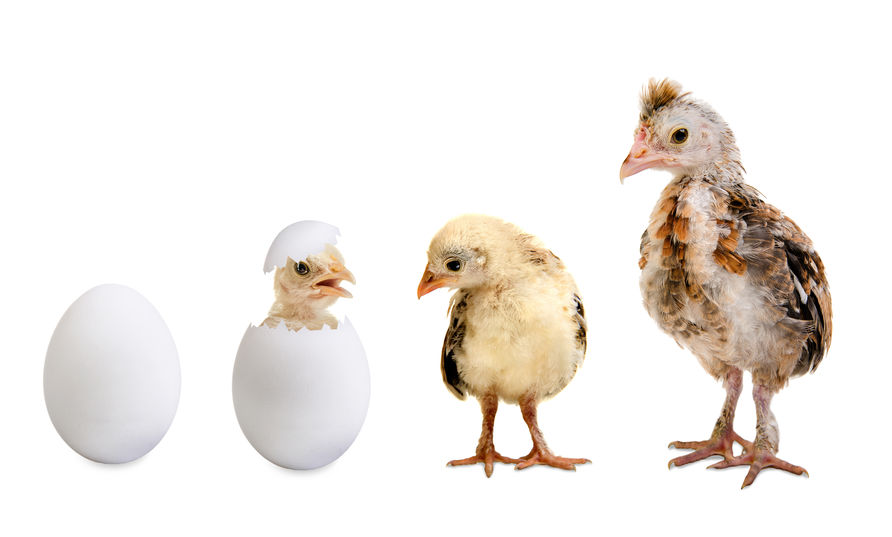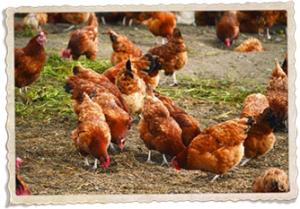 Baby chicks are cute, small, and fluffy. It’s no wonder why so many people fall in love with them! But baby chicks won’t stay chicks for long. Just like all of us, chicks grow and mature into adults, eventually retiring as seniors.
Baby chicks are cute, small, and fluffy. It’s no wonder why so many people fall in love with them! But baby chicks won’t stay chicks for long. Just like all of us, chicks grow and mature into adults, eventually retiring as seniors.
A lot of things change when a chicken goes from a fluffy baby chick to a fully-grown, producing chicken. Not only do they change in size, but they also grow new feathers and develop into sexual maturity. As such, it’s important to know and understand the various stages of growth when it comes to chickens. That way, you can raise them properly at each stage of development.
Understanding the changes of growth will also help you better comprehend the science of these birds and will give you insight into how to handle your chickens.
Here we highlight the different stages of growth your chickens will go through during their lives:
Stage 1 – Weeks 1 – 4
In the first four weeks of your chicken’s life, you want to start them off with a healthy diet that includes a minimum of 18 percent protein to support healthy growth. Development is helped with amino acids, immune health is increased with prebiotics and probiotics, and plenty of vitamins and minerals for bone growth.
Stage 2 – Weeks 5 – 15
The second stage of life takes place during the fifth through the fifteenth week. Chickens will start to grow into themselves as they develop their primary feathers. By the seventh week, the differences between the genders will become more obvious.
Stage 3 – Weeks 16 – 18
At some point between the sixteenth and eighteenth month, you can begin to check for the showing of your chicken’s first egg. As a chicken owner, this is the time where you will consider implementing layer feed options to make the transition easier for the chick.
Stage 4 – Weeks 19 and On
After the eighteenth month, your chickens will finally become the grown version that we are used to seeing. At this stage, you might also see a lot of eggs as well as a lot of molting. You want to keep your chickens healthy during this time, so add a lot of protein into their diet, at least 20 percent.
Stage 5 – Retirement
Like humans, chickens eventually reach their retirement age. This is when egg laying comes to an end, and chickens become friendly companions to the rest of the flock. Make them comfortable during their “elder” years. You can do so by following our guide on how to care for aging chickens.
At Chickens for Backyards, we offer 78 beautiful breeds of chickens, ducks, geese, turkeys, and guineas with seasonal shipping and guaranteed delivery options. Contact us today to start building your coop.

